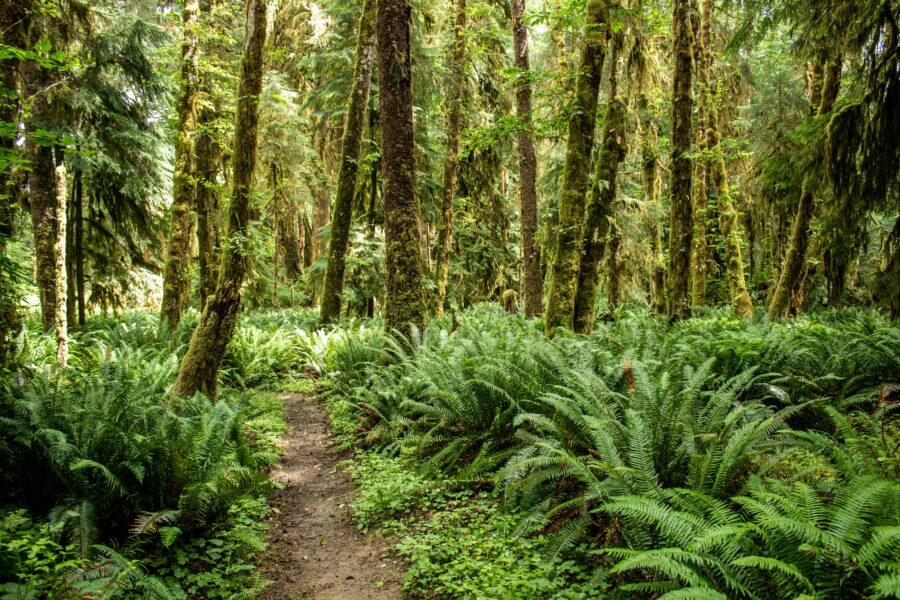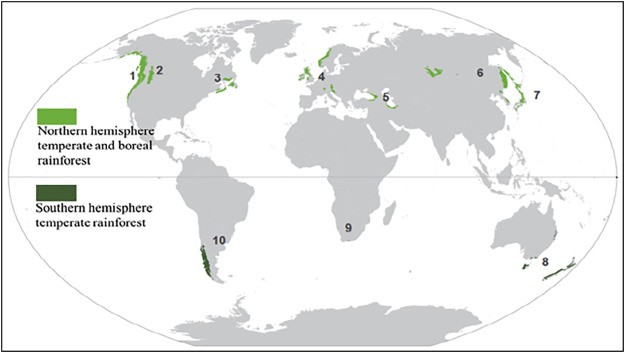
A new project led by the Woodland Trust has used huge 110kg drones to scatter 75,000 seeds across the hills around Bodmin. All seeds scattered belong to native temperate rainforest, including oak, alder, birch, and hazel. This effort, supported by the South West Rainforest Alliance, aims to increase the area of temperate rainforest in Devon and Cornwall from 8% to 24% of land area by 2050.
The project used high-tech drones that fly low over the ground, carrying up to 58kg of seeds that were dispersed across 11 hectares of land in 8 hours, a task that would otherwise be carried out by volunteers. Although such efforts have been successful recently, the Woodland Trust hopes that drones will be a far cheaper and quicker way to replant woodlands. Drones are also able to access difficult terrain and remote locations with greater ease. Monitoring of the trial sites will take place at intervals over the next three years to assess rates of seed germination and the development of planted trees.
The project used high-tech drones that fly low over the ground, carrying up to 58kg of seeds that were dispersed across 11 hectares of land in 8 hours
Project officer, Sam Manning, hopes that out of the immense quantity of seeds there will be “a success rate of seed to tree of at least 25% in this trial”. Currently, this sort of project is limited in its scope by how few companies have legal permission to engage in this work. Another bottleneck is that it is difficult to resource sufficient quantities of seeds. However, if the trial proves successful, the Woodland Trust hopes that increased demand for mass seed dispersing projects will develop supply chains.
Temperate rainforests are found in areas heavily influenced by the sea, with high rainfall and humidity, but little annual variation in temperature. This means that although we would not naturally associate the UK with rainforests, the country’s west coastline has ideal conditions for this habitat. It is one of the most biodiverse habitats in the UK, containing important populations of around 2000 species of lichen as well as providing essential habitat for insect and bird life.

The UK’s temperate rainforest is of global importance as this habitat remains rare and scattered worldwide. Up to a fifth of the British Isles was once covered in rainforest, including 75% of Devon and Cornwall, but it now only covers 1% of its original range due to deforestation. Rainforests are also threatened by invasive species, diseases like ash dieback, and overgrazing from deer. Close management of these habitats is therefore essential for their survival nationally, but projects like the one discussed in this article provide hope that temperate rainforests might thrive in the UK one day.


